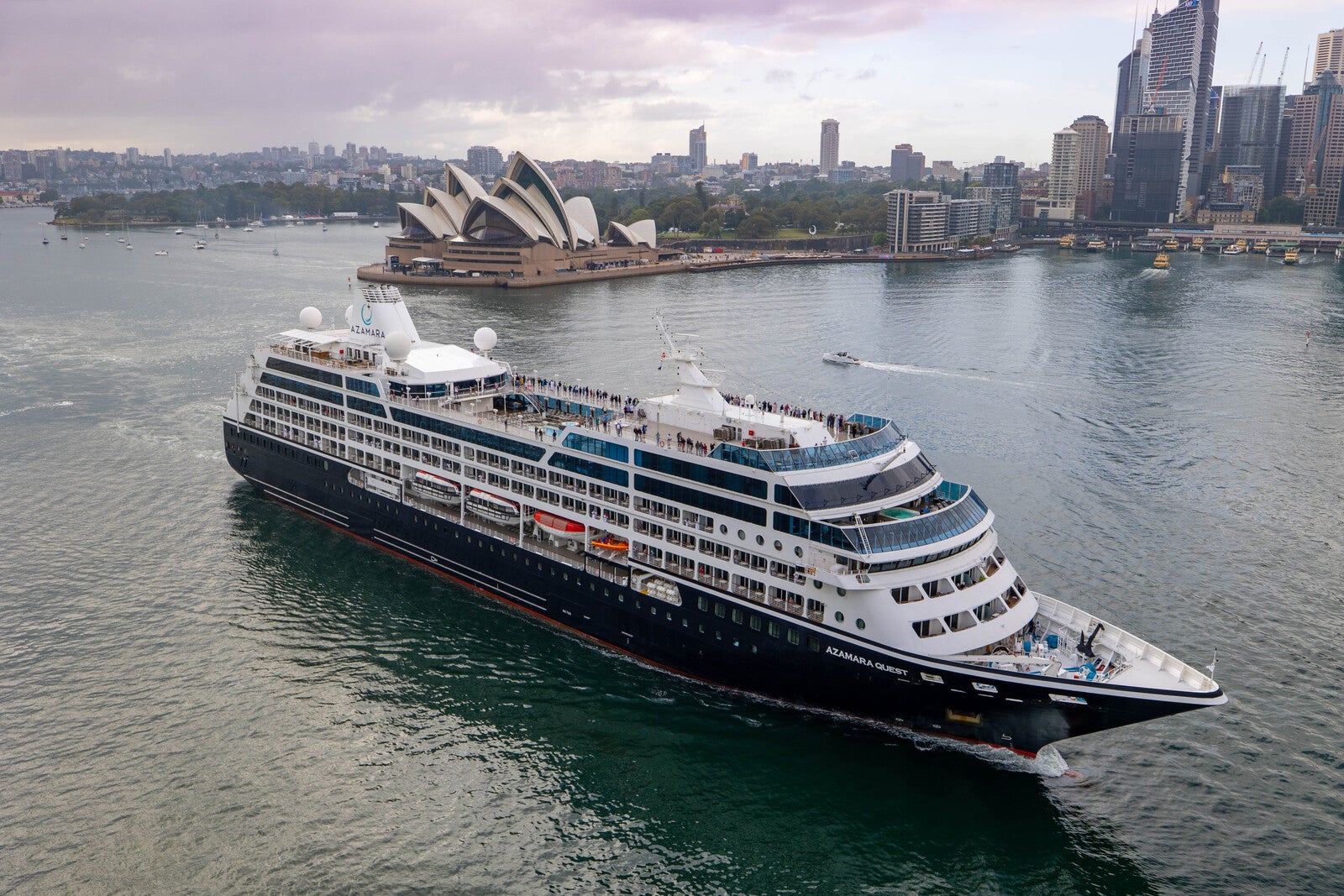They say that the anticipation and planning of the trip is sometimes as enjoyable as the trip itself. Often times when we are booking a vacation to a far off land or a cruise to a new port of call, we are offered travel or trip insurance at a reduced rate bundled into the air or cruise fare.
This trip insurance will take care of those unexpected hiccups in your ability to travel – someone gets sick and is unable to travel, for example. Most times it would also cover lost luggage and delayed travel. This insurance addresses those instances where your trip encounters those unexpected travel snafus.
We are in 2022, and the COVID pandemic continues to affect each of us and our travel, putting a new wrinkle on the need to have the right type of insurance when traveling, more so now that the possibility of an unplanned extended period of quarantine may be in your future if you contract COVID during your trip. This piece on Travel Insurance from the NBC Nightly News of 11 April 2018, remains germane to the topic and worthy of 99 seconds of your time.
Please take a look and we’ll continue our discussion on the other side.
In the first example, the traveler was unable to take the trip due to her father’s illness. She found that her purchase of the travel insurance had been prudent. She filed her claim and received back, $3,600. Her last minute cancellation was covered. She was a very happy camper.
In the second example, the traveler’s husband was injured and eventually passed away. When it was all said and done, she was out-of-pocket some $28,000. She paid for hotel expenses while her husband was hospitalized. She also paid for those medical expenses and the use of an air ambulance. Yet she too had travel insurance. She thought all of these items would be covered in her travel insurance policy. The weren’t covered.
Why two different travel insurance experiences?
The first instance, covered the trip. Read the policy and you’ll note what is covered and isn’t – the trip and emergencies associated with the ability to travel. According to NBC, the typical travel insurance policy covers, canceled flights, lost bags and cancellations due to weather or other unforeseen circumstances.
The second instance the traveler required medical assistance. Travel health insurance and Travel Medical Evacuation Insurance (sometimes sold bundled, sometimes sold separately) was what this traveler needed, but did not have. Your heart went out to her as she explained, she thought she had such coverage, as she had purchased the “suggested” travel insurance.
Pick your travel insurance carefully
So as you look at your upcoming trip, dig into the fine print and see what it covers. If you want to be covered for potential medical emergencies, then purchase Travel Health Insurance.
Does your insurance selection(s) cover:
- Emergency medical care
- Medical transport back to the United States
- Travel/accommodation costs
- 24 hour contact line
- Sufficient financial coverage
- The region(s) you travel in
- Duration of travel
- Pre-existing conditions
- Activities you plan on engaging in
We strongly suggest, any acquired travel health insurance, also include a robust medical evacuation option and that it picks up the cost of a potential quarantine should you contract COVID.
This will allow for you to be transported to the nearest medical facility and in many cases home, where your individual support system is located.
Recap courtesy of the U.S. Department of State
We’ll let the U.S. Department of State handle the recap, as they clearly detail the various types of travel insurance on their Travel site.
Medical Evacuation Insurance
- Pays for medical care and emergency transportation.
- If you are traveling to a remote destination or to a place where care is not likely to be up to U.S. standards, consider buying medical evacuation insurance.
- It can be purchased separately or as part of your travel health insurance policy.
Travel Health Insurance
- Pays for emergency and/or routine medical services overseas.
- If you have health insurance in the United States, find out if it covers emergencies that happen abroad. More information is available on our page about your health abroad.
- If your health insurance coverage is not adequate, consider buying a short-term supplemental policy. Look for a policy that will make payments to hospitals directly.
Trip Cancellation Insurance
- Covers your financial investment in your trip, such as flights, cruises, or train tickets.
- Carefully examine the policy to make sure that it covers what you need it to cover.
- May not cover any medical care you need overseas, so you may need a separate travel health insurance policy.





















Discussion about this post